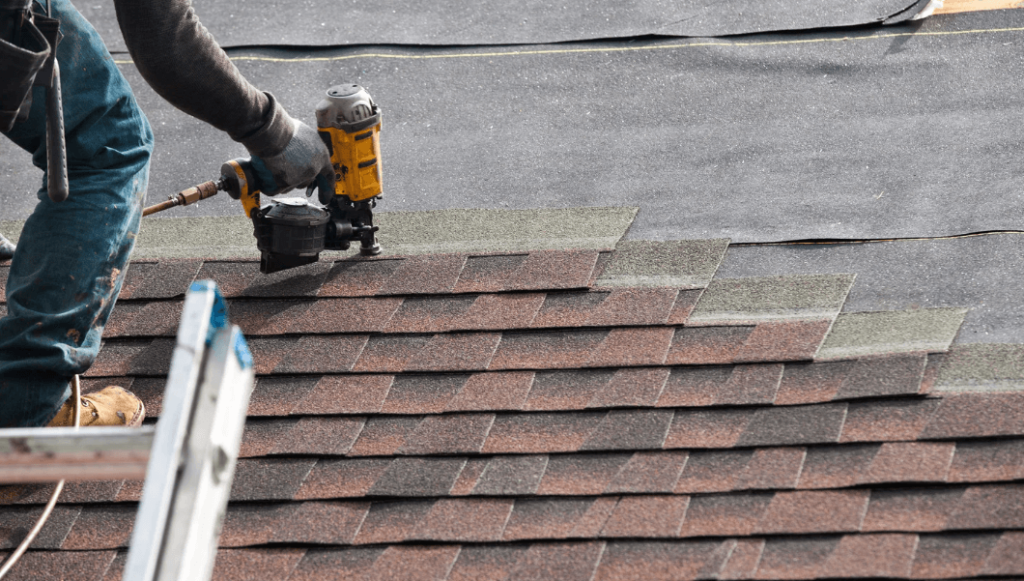
Navigating the roofing industry can be challenging, especially with the prevalence of scams targeting unsuspecting homeowners. Protect your roofing business and your clients by being aware of these common roofing scams and learning how to avoid them:
1. Storm Chasers
Scam: After a major storm, fraudulent contractors, known as "storm chasers," descend on affected areas, offering quick repairs at suspiciously low prices. How to Avoid: Advise clients to check for local licenses and certifications. Encourage them to get multiple quotes and read reviews before making a decision.
2. Insurance Fraud
Scam: Some contractors may offer to cover the insurance deductible or inflate damage reports to get higher payouts. How to Avoid: Emphasize the importance of honesty in all transactions. Ensure your team follows ethical practices and educates clients on proper insurance claim procedures.
3. Unnecessary Repairs
Scam: Unscrupulous contractors may claim that extensive repairs or a complete roof replacement is needed when only minor fixes are required. How to Avoid: Provide clients with detailed, transparent inspections and multiple opinions if they seem unsure. Educate them on common roofing issues and solutions.
4. Upfront Payments
Scam: Some contractors demand large upfront payments and then disappear without completing the work. How to Avoid: Recommend that clients follow the rule of thirds: pay one-third upfront, one-third when the project is halfway done, and the final third upon completion. Ensure your contracts are clear about payment schedules.
5. Lowball Estimates
Scam: Offering a low initial estimate to win the job, then adding on hidden costs as the project progresses. How to Avoid: Provide detailed, itemized estimates and be transparent about potential additional costs. Encourage clients to read contracts thoroughly before signing.
6. No Written Contract
Scam: Working without a written contract, leaving room for misunderstandings and disputes. How to Avoid: Always use a written contract that outlines the scope of work, materials, timelines, and payment schedules. Make sure both parties sign it.
7. Lack of Insurance
Scam: Contractors who do not carry proper insurance, leaving homeowners liable for any accidents or damages. How to Avoid: Ensure your business is fully insured and provide proof of insurance to clients. Advise them to always ask for this documentation.
By staying vigilant and educating your clients on these common roofing scams, you can protect your reputation and build trust within your community. Your commitment to transparency and ethical practices will set your roofing business apart and ensure long-term success.